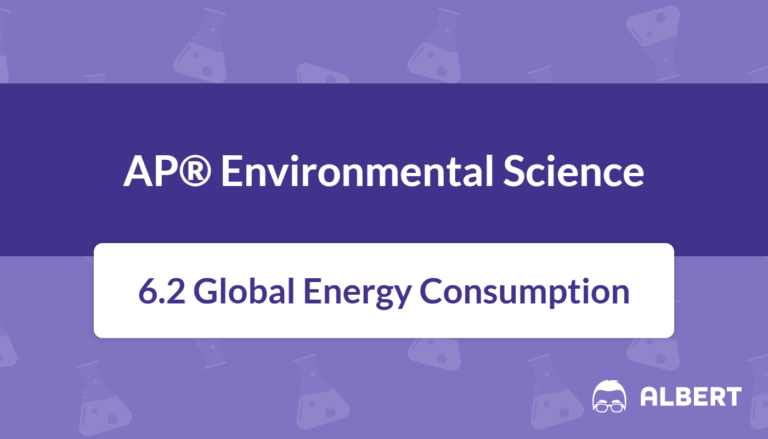
Global Energy Consumption: AP® Environmental Science Review
Introduction Global energy consumption refers to the total energy used by societies around the world in a given time frame. It takes into account all

Introduction Global energy consumption refers to the total energy used by societies around the world in a given time frame. It takes into account all
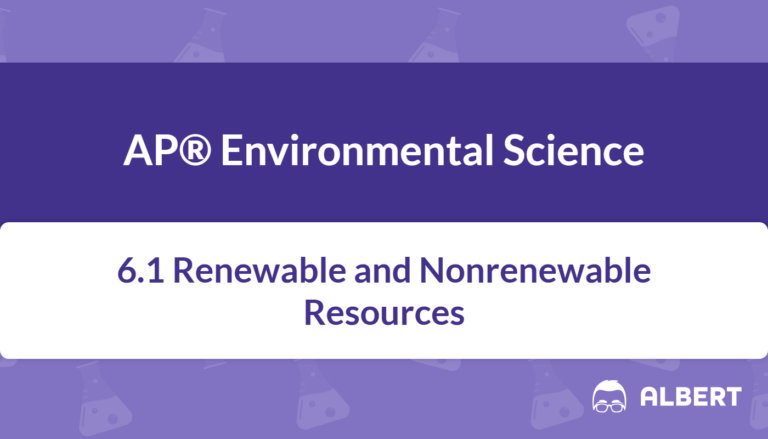
Introduction Energy resources, including renewable and nonrenewable resources, power activities as varied as heating homes, charging cell phones, and lighting cities. They also shape economic
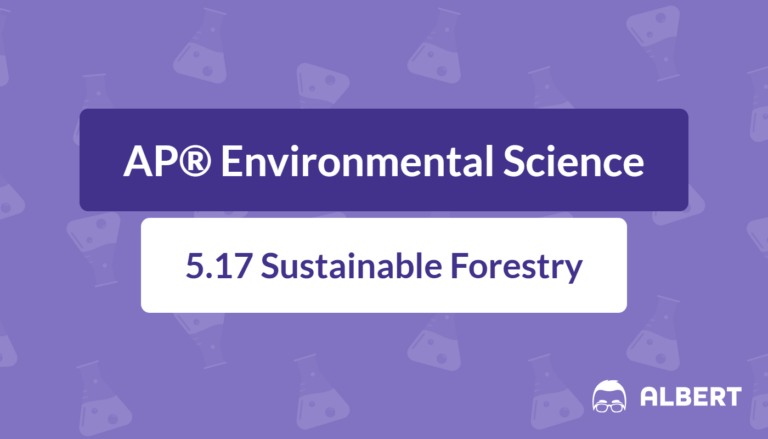
Introduction Forests are vital components of the Earth’s ecosystems, providing clean air, regulating climate, and providing habitats for countless species. They also supply essential materials
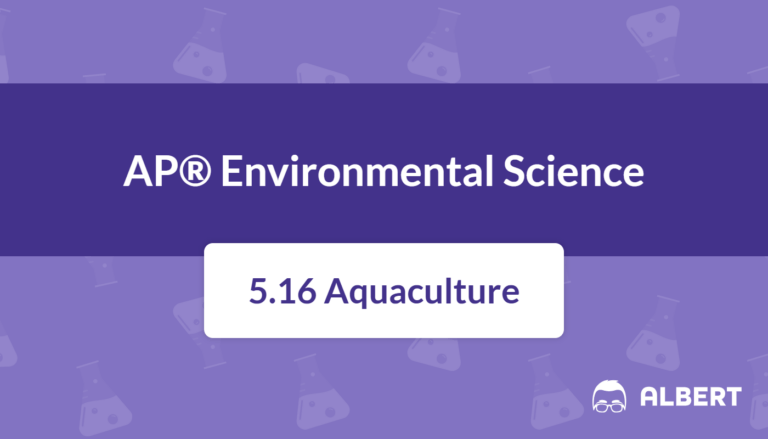
Introduction Aquaculture has rapidly become a key topic in AP® Environmental Science, particularly when studying food production and resource management. It involves farming fish, shellfish, seaweed, and
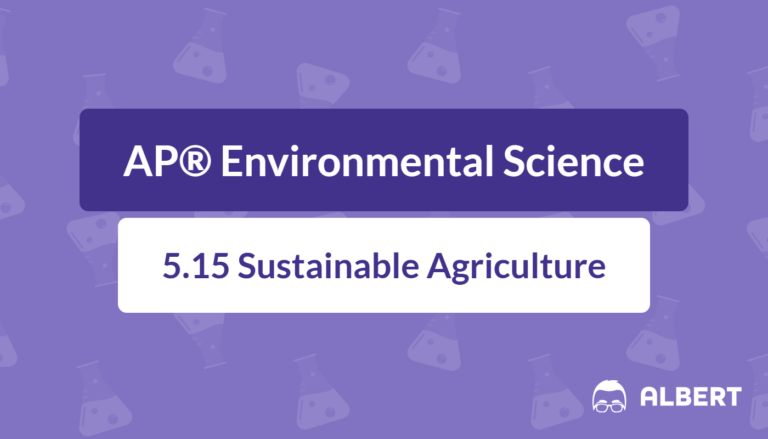
Introduction Sustainable agriculture refers to farming methods designed to meet society’s food needs while conserving natural resources for future generations. These sustainable agriculture practices focus
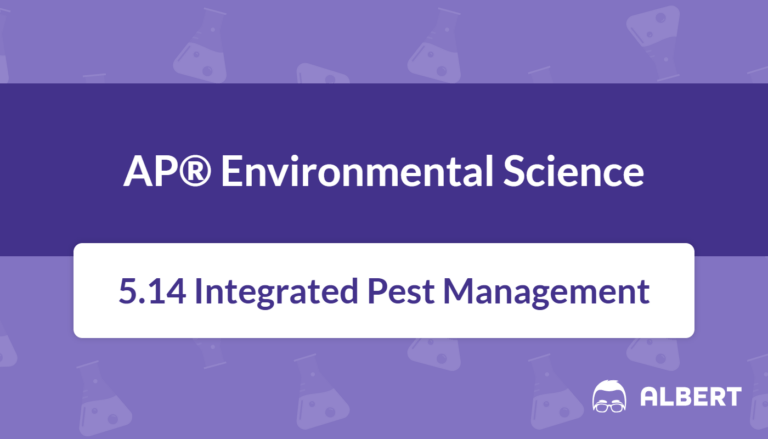
Introduction Integrated Pest Management (IPM) has become an essential concept in AP® Environmental Science, particularly when examining the balance between successful agriculture and environmental stewardship. Humans depend
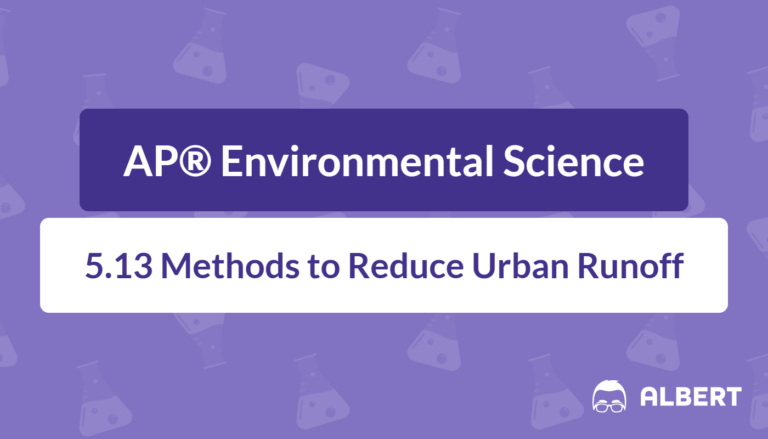
Introduction Urban runoff occurs when rain falls on surfaces that do not allow water to soak into the soil. Because urban areas typically have extensive
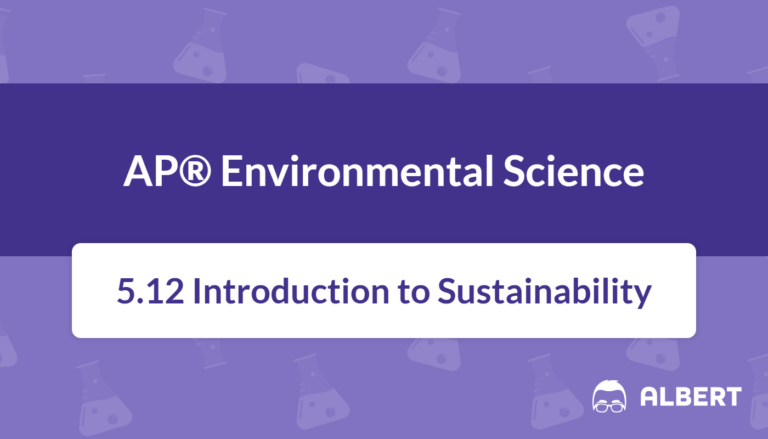
Introduction In today’s world, sustainability stands at the forefront of environmental discussions. Understanding the sustainability definition is crucial for future generations because it shapes how
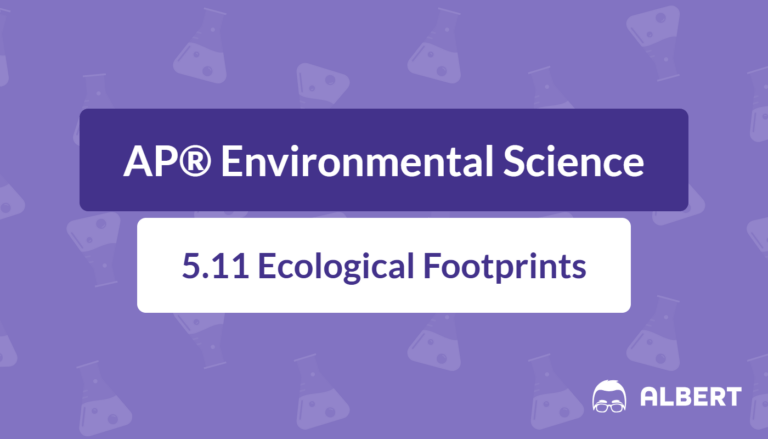
Introduction Ecological footprints are a central concept in AP® Environmental Science. They highlight the relationship between people’s resource demand and the waste they create. However, many students